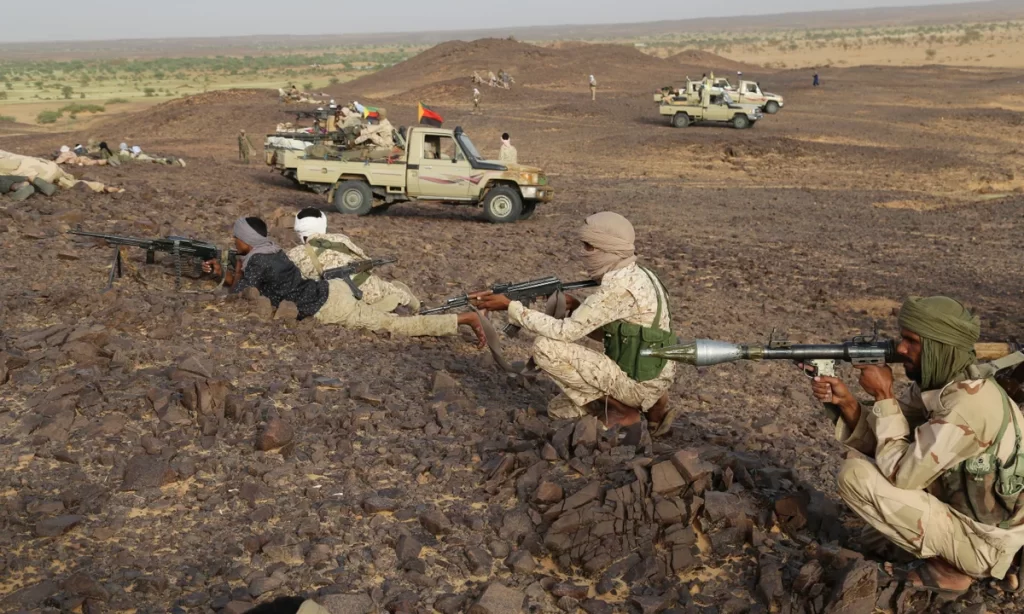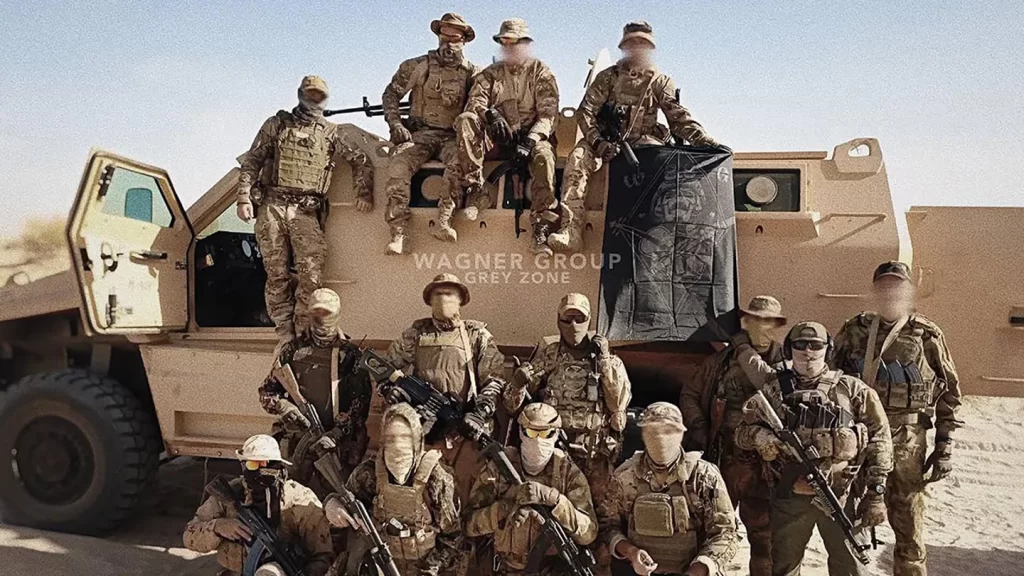The Russian mercenary Wagner Group has informed families of captured fighters in Mali that their loved ones have died, contradicting claims by Tuareg rebels who say the prisoners remain alive, according to text messages and interviews obtained by The Associated Press.

The conflicting reports center on Alexander Efremov, one of two Russian mercenaries captured by Tuareg separatists following a deadly desert battle in late July that reportedly claimed dozens of Wagner fighters.
Efremov’s brother, Evgeny, posted in a Telegram chat group used by relatives of the mercenaries that Wagner had called to communicate his death. “Can you imagine the mental condition of Nike’s wife after this call,” Evgeny wrote, referring to his brother by his callsign.
Relatives of three other fighters reported as missing told the AP they had received similar calls from Wagner. However, Mohamed Elmaouloud Ramadane, a spokesman for the Tuareg rebel group known as the Permanent Strategic Framework for Peace, Security and Development (CSP), refuted Wagner’s claims.
“All our prisoners are alive,” Ramadane stated. “Wagner are liars.” The rebel group declined to provide evidence of the prisoners’ well-being, while Wagner has not recovered bodies from the battlefield, leaving families without definitive proof.
The battle near the Algerian border has highlighted the complex dynamics of the ongoing conflict in Mali, where Tuareg separatists, seeking an independent homeland called Azawad, have been fighting the Malian government since 2012. Their struggle has become intertwined with an al-Qaeda-aligned Islamist rebellion in the region.

Using public data, facial recognition software, and interviews with relatives, the AP has identified 31 Wagner mercenaries either missing or captured following the battle with the Tuaregs. While Wagner acknowledged heavy losses in the Mali ambush, it has not provided specific casualty figures. The Malian army, which fought alongside the Russians, has also remained silent on the toll.
Tuareg rebels claim to have killed 84 Russians and 47 Malians in the engagement, though these numbers have not been independently verified.
The situation underscores the ongoing challenges faced by Russian mercenary groups operating in Africa, particularly following the death of Wagner Group leader Yevgeny Prigozhin last year. In response, the Kremlin has sought to consolidate control over Wagner and other mercenary outfits under a new umbrella organization known as Africa Corps.
Dr. Elena Volkova, an expert on Russian military operations in Africa at the Moscow State Institute of International Relations, told the AP, “The contradictory reports about the fate of these captives highlight the complex and often opaque nature of mercenary operations in conflict zones like Mali.”
Reuters



